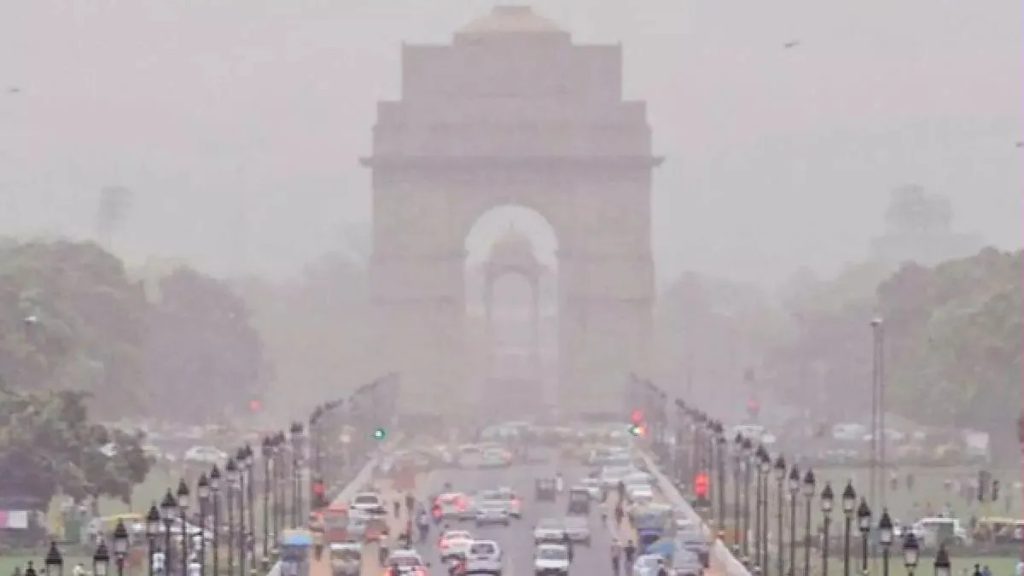As the Diwali 2025 festival approaches, Delhi’s air quality has deteriorated sharply, with the Air Quality Index (AQI) reaching 369, categorizing the city’s air as ‘Very Poor’. Residents are being advised to take precautions, especially vulnerable groups such as children, the elderly, and individuals with respiratory or cardiac conditions.
According to the Central Pollution Control Board (CPCB), particulate matter (PM2.5 and PM10) levels have surged in the national capital region (NCR) due to a combination of vehicle emissions, industrial pollution, crop residue burning in nearby states, and early Diwali firecracker usage.
Air Quality Forecast
Experts predict that Delhi’s air quality will remain in the Very Poor to Severe range over the next few days, with AQI values fluctuating between 350–420. Weather conditions such as low wind speeds, low temperature, and atmospheric stability are expected to trap pollutants closer to the ground, worsening air quality.
Authorities have urged residents to:
- Avoid outdoor exercise during peak pollution hours
- Use N95 masks if going outside is unavoidable
- Keep windows closed and use air purifiers indoors
- Limit firecracker use to reduce immediate pollution spikes
Worst Affected Areas
The NCR zones with the highest AQI readings include:
- Punjabi Bagh – AQI 372
- Dwarka – AQI 368
- Rohini – AQI 370
- IIT Delhi / Hauz Khas – AQI 365
- Anand Vihar – AQI 375
These areas are reporting extremely dense smog, reduced visibility, and increased reports of respiratory irritation and eye problems.
Health Advisory
The Delhi Pollution Control Committee (DPCC) and CPCB have issued health advisories for residents:
- Limit exposure to outdoor air
- Reduce physical exertion
- Individuals with asthma, bronchitis, or heart conditions should stay indoors
- Children and elderly should be monitored for symptoms like coughing, throat irritation, or breathing difficulties
Schools and educational institutions are also considering shifting to online classes to minimize exposure.
Measures to Improve Air Quality
The Delhi government has urged nearby states to halt crop burning and imposed restrictions on construction dust, industrial emissions, and vehicle movement during peak pollution hours. Citizens are encouraged to adopt eco-friendly Diwali celebrations, including green crackers or no-cracker alternatives, to avoid worsening the already critical air quality situation.
With AQI at 369, Delhiites are facing one of the worst air quality periods pre-Diwali. Authorities are urging residents to take serious precautions, avoid outdoor activities when possible, and follow health advisories to reduce the impact of the smog on public health.








